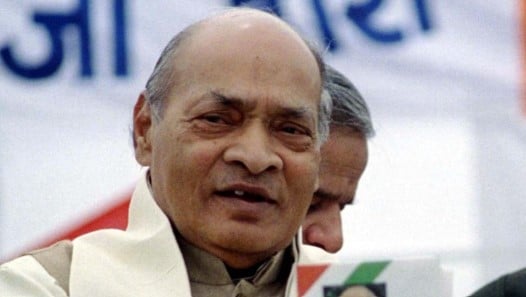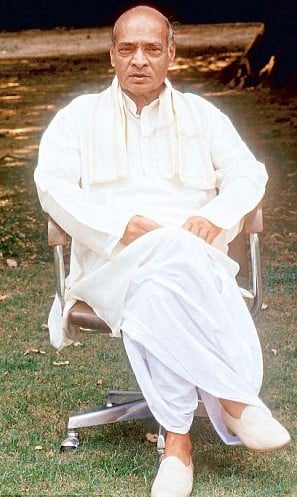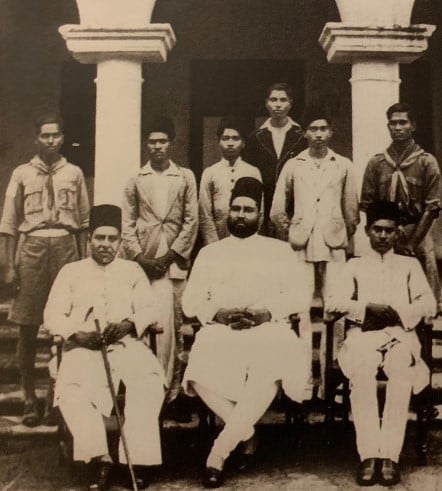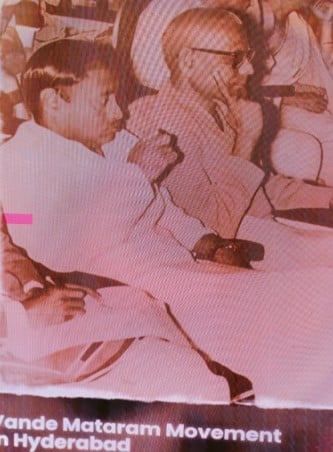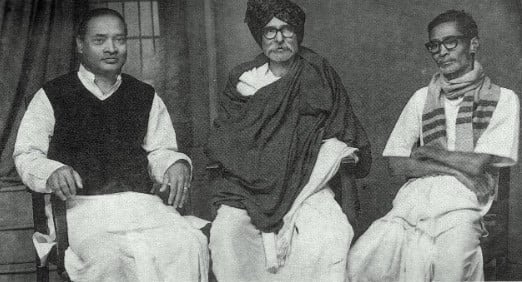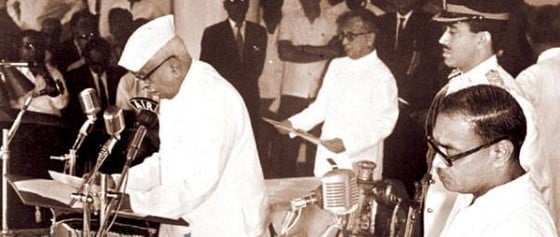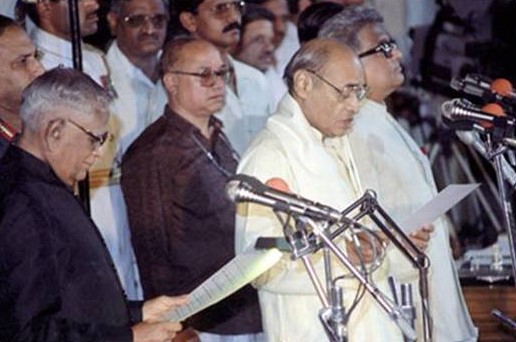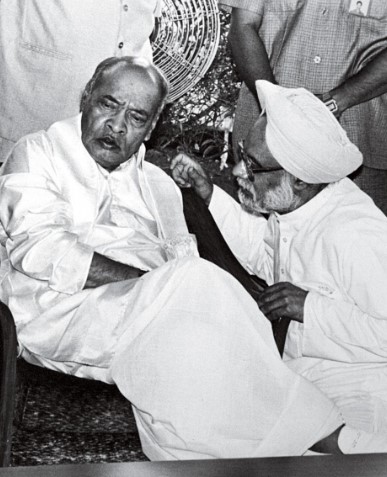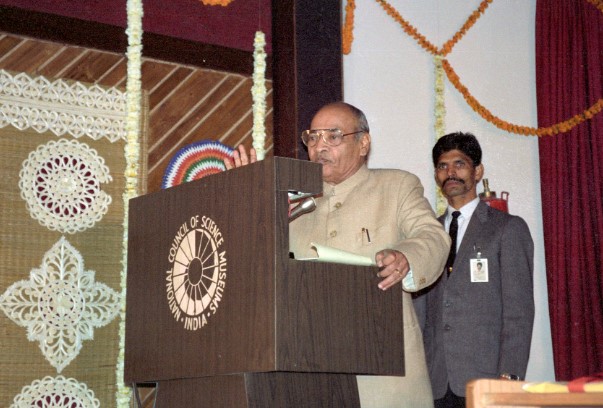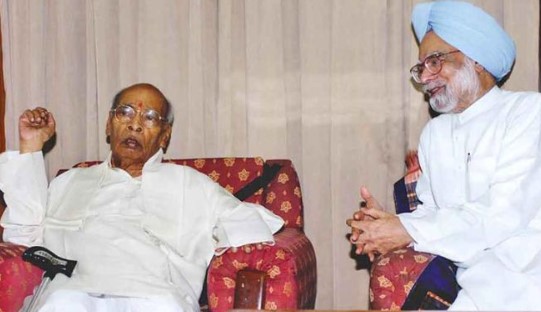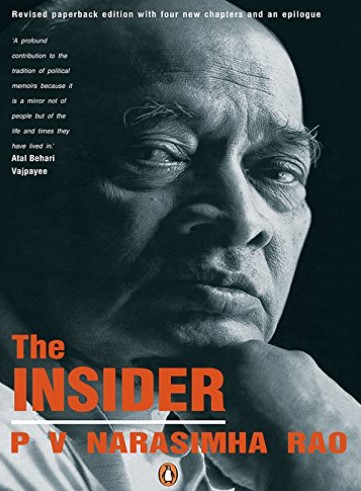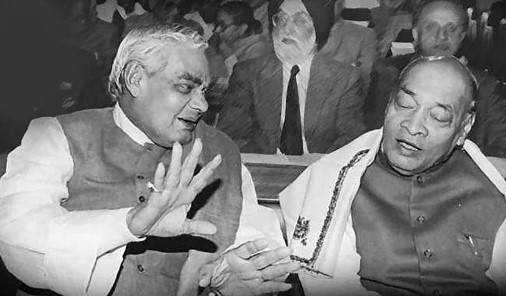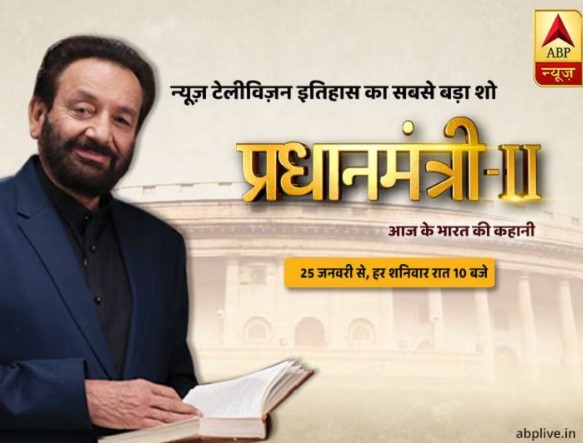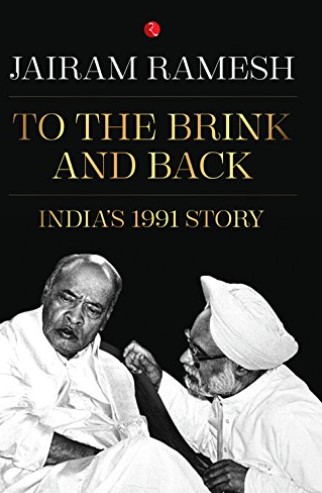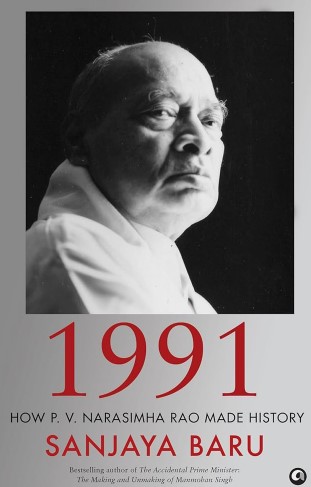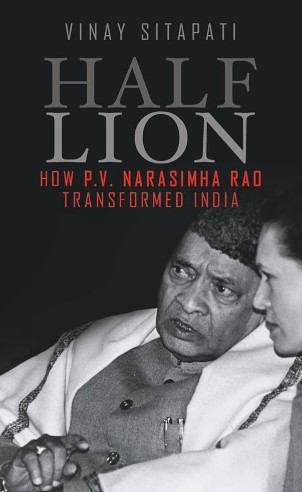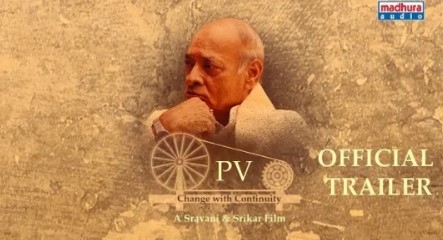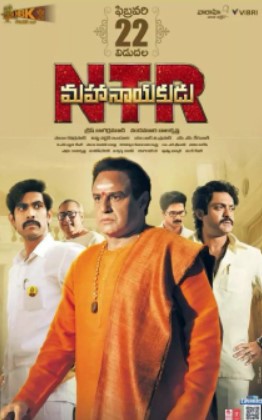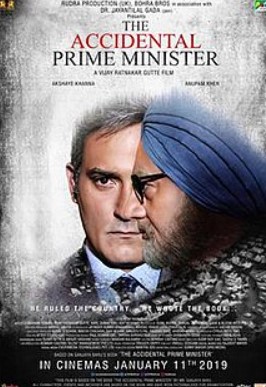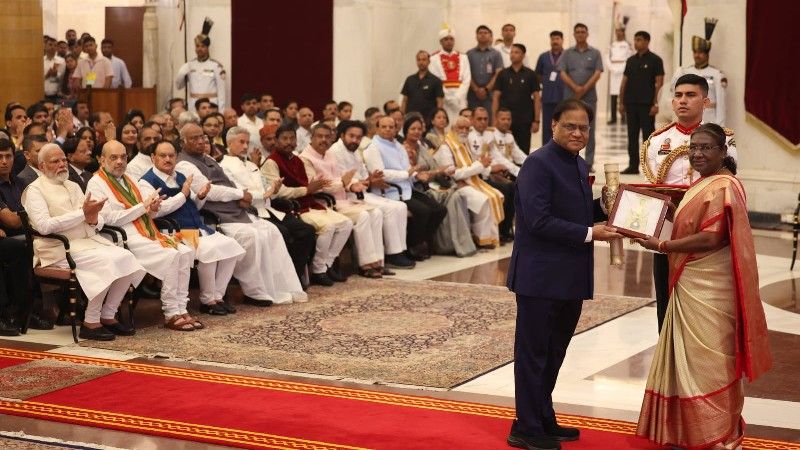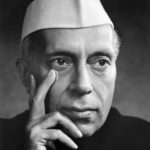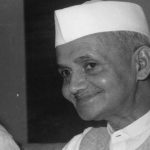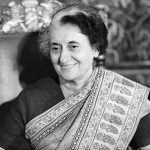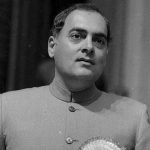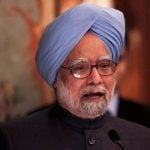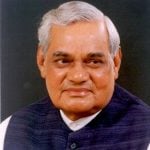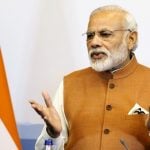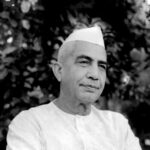PV Narasimha Rao Age, Death, Wife, Children, Family, Biography
Quick Info→
Hometown: Hanamkonda, Telangana
Wife: Satyamma
Age: 83 Years
| Bio/Wiki | |
|---|---|
| Full name | Pamulaparti Venkata Narasimha Rao [1]India Today |
| Nickname | P. V. |
| Profession(s) | Lawyer, Politician, Writer |
| Known for | Being the Father of Indian Economic Reforms and the 9th prime minister of India from 1991 to 1996 |
| Physical Stats & More | |
| Height (approx.) | 5' 4" (163 cm) |
| Eye Colour | Black |
| Hair Colour | Salt and Pepper |
| Career | |
| Political Party | Indian National Congress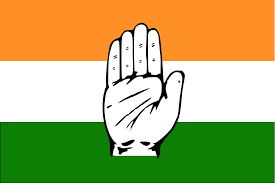 |
| Political Journey | • Member of Parliament from Manthani constituency in Andhra Pradesh (1957–1977) • Member of Parliament from Hanamkonda constituency in Andhra Pradesh (1977-1980) • Member of Parliament from Hanamkonda constituency in Andhra Pradesh (1980-1984) • Member of Parliament from Ramtek constituency in Maharashtra (1984-1989) • Member of Parliament from Ramtek constituency in Maharashtra (1989-1991) • Member of Parliament from Nandyal constituency in Andhra Pradesh (1991-1996) • Member of Parliament from Berhmapur constituency in Odisha (1996-1998) |
| Awards | • The Pratibha Murthy Lifetime Achievement Award (2002) • Bharat Ratna (2024) |
| Personal Life | |
| Date of Birth | 28 June 1921 (Tuesday) |
| Birthplace | Laknepalli, Hyderabad State, British India (present-day Telangana, India) |
| Date of Death | 23 December 2004 |
| Place of Death | New Delhi, India |
| Age (at the time of death) | 83 Years |
| Death Cause | Heart Attack [2]The Hindu Business Line |
| Zodiac sign | Cancer |
| Nationality | Indian |
| Hometown | District Hanamkonda, Telangana |
| School | Primary Education in village Katkuru in Bheemdevarapalli mandal in Hanamkonda district, Telangana, India |
| College/University | • Osmania University, Hyderabad • University of Mumbai • Nagpur University, Nagpur, Maharashtra |
| Educational Qualification(s) | • Bachelor's of Arts at Osmania University, Hyderabad • LL. B. at University of Mumbai • LL.M. at Nagpur University, Nagpur, Maharashtra |
| Caste | Niyogi Brahmin [3]P.V. Narasimha Rao, Years of Power |
| Hobbies | Reading Books |
| Controversies | • In 1989, he was accused of forging some documents to spoil V. P. Singh's image. • The Indian stockbroker Harshad Mehta accused of helping him in closing his cases. |
| Relationships & More | |
| Marital Status (at the time of death) | Widower |
| Marriage Date | Year, 1931 |
| Family | |
| Wife/Spouse | Satyamma (homemaker) (died 1970) |
| Children | Sons- 3 • P.V. Ranga Rao (politician; died 2013) 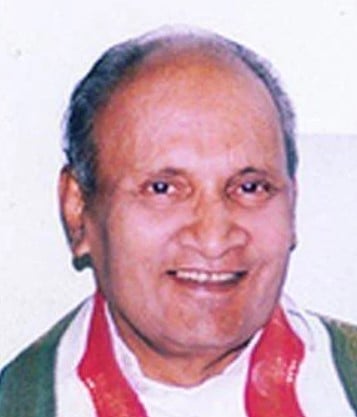 • P.V. Rajeshwar Rao (politician) 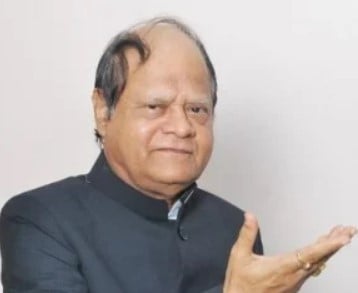 • P.V. Prabhakara Rao 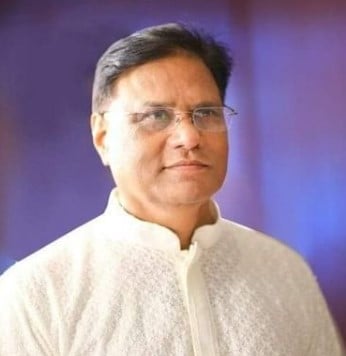 Daughters- 5 • N. Sharada Devi (wife of N. Venkata Krishna Rao) • K. Saraswathi Devi (wife of K. Sarath Chandra Rao) • S. Vani Devi (wife of S. Divakara Rao) 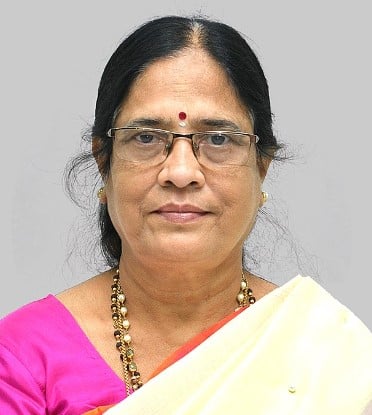 • Vijaya Somayaji (wife of Ramakrishna Somayaji) • K. Jaya Devi (wife of K. Revathi Nandan) |
| Parents | Father- Sitarama Rao Mother- Rukma Bai |
| Siblings | Brother- 2 • Rajeshwar Rao 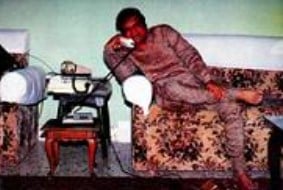 • Madhav Rao • Manohar Rao |
| Other Relatives | Grand-daughter- Ajitha (author)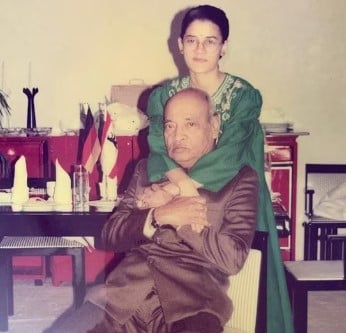 |
Some Lesser Known Facts About PV Narasimha Rao
- He belonged to a family with an agricultural background.
- When he was three years old, he was adopted by Pamulaparthi Ranga Rao and Rukminamma. He grew up in village Vangara in Bheemadevarpalle mandal of present-day Hanamkonda district in Telangana.
- He was a freedom fighter, who actively participated in the Indian Independence movement during his college days.
- When he was ten years old, Rao married Satyamma, a girl from his community, who had a similar family background and was of his age.
- In the late 1930s, he participated in the Vande Mataram movement in the Hyderabad State and was suspended from college for singing Vande Mataram.
- After the independence of India, he joined the Indian National Congress as its full-time member.
- In the 1940s, he and his cousins named Pamulaparthi Sadasiva Rao, Ch. Raja Narendra, and Devulapalli Damodar Rao, edited Kakatiya Patrika, a Telugu weekly magazine.
- His mother tongue was Telugu, and he was an expert in Marathi. He was fluent in 17 languages including Bengali, Gujarati, Hindi, Kannada, Malayalam, Odia, Sanskrit, Tamil, English, French, Arabic, Spanish, German, and Persian.
- When he was studying at Fergusson College in Pune, he became a proficient reader and speaker of Marathi.
- He translated ‘Veyipadagalu,’ a Telugu literary work by Kavi Samraat Viswanatha Satyanarayana into Hindi and named it ‘Sahasraphan.’ He translated Hari Narayan Apte’s Marathi novel ‘Pan Lakshat Kon Gheto’ (But Who Pays Attention?) into Telugu.
- He was once invited as the chief guest of Akhil Bhartiya Marathi Sahitya Sanmelan, where he gave a speech in Marathi.
- He had wide interests in various subjects such as literature, computer software, and programming.
- He then began contributing articles under the pen name Jaya-Vijaya along with Sadasiva Rao.
- In 1957, he was elected as a member of the Andhra Pradesh State Assembly and served there till 1977.
- From 1962 to 1973, he served in various ministerial positions in the Andhra government.
- In 1968, he was appointed the Chairman of the Telugu Academy in Andhra Pradesh and served there till 1974.
- He backed Indira Gandhi in forming the New Congress party in 1969, splitting from the Indian National Congress, which later became the Congress (I) party in 1978.
- In 1971, he became the Chief Minister of Andhra Pradesh.
- During his tenure as a Member of Parliament from Andhra Pradesh, he gained national prominence for working in the ministry of both Indira Gandhi and Rajiv Gandhi.
- While serving as Foreign Minister from 1980 to 1984 and again from 1988 to 1989, there were speculations of his candidacy for the presidency in 1982 along with Zail Singh.
- P.V. Narasimha Rao’s rise to the Prime Ministership marked political significance as the first from South India and the second from a non-Hindi-speaking region.
- He led a crucial administration overseeing significant economic reforms and addressing national security challenges.
- In 1989, the Central Bureau of Investigation (CBI) accused Rao, along with his fellow ministers K. K. Tewary, Chandraswami, and K. N. Aggarwal, of forging some documents to spoil V. P. Singh’s image. However, in 1996, due to a lack of evidence, he was acquitted of the charges soon after his term as PM ended.
- In the early 1990s, the Indian stockbroker Harshad Mehta revealed through his lawyer, Ram Jethmalani, that he had paid a sum of one crore rupees to the then Prime Minister Rao. Mehta accused Rao of helping him in closing his cases.
- In 1991, he was the first from South India (United Andhra Pradesh) to become the Prime Minister of India.
- He was the second non-Hindi-speaking (Telugu) Prime Minister of India.
- During his tenure as the Prime Minister of India, major economic transformations occurred, including the dismantling of the Licence Raj and the introduction of liberalization policies.
- In 1991, Rao appointed Manmohan Singh as his finance minister, who implemented IMF policies to rescue India from economic collapse.
- Rao was praised as ‘Chanakya’ for his skill in navigating legislation despite leading a minority government.
- In 1991, when he decided to retire from politics, he made a comeback to politics after the assassination of Congress President Rajiv Gandhi.
- In the 1991 elections, Congress won the majority seats, and he received the opportunity to head the minority government as Prime Minister.
- Rao’s achievements include handling the 1991 crisis, establishing relations with Israel, addressing issues in Punjab and Kashmir, defeating the 1994 United Nations resolution against India, and opening partial diplomatic relations with Taiwan.
- In 1992, the SEBI Act and the Security Laws (Amendment) were introduced by him. In the same year, he allowed foreign institutional investors to invest in India’s equity markets. He also permitted Indian firms to raise capital on international markets by issuing Global Depository Receipts (GDRs).
- During his tenure, the Bharatiya Janata Party emerged as an alternative party to the Indian National Congress.
- Later Indian Prime Ministers Atal Bihari Vajpayee and Manmohan Singh continued Rao’s economic reforms.
- In July 1993, his government faced a no-confidence motion after he failed to prove a majority in the parliament with his few members of parliament.
- In 1994, he introduced the National Stock Exchange as a computer-based trading system. Thereafter, he encouraged foreign direct investment in India by increasing the maximum limit on the share of foreign capital in joint ventures.
- He served as the President of the Indian National Congress from 29 May 1991 to September 1996.
- He made history as the first non-Nehru-Gandhi Prime Minister to serve for five consecutive years and hailed from Telangana, marking the first from Southern India.
- Though he did not contest general elections, he won a by-election in the Nandyal constituency in Andhra Pradesh, with a record-breaking victory margin. Later, he also served as an MP from Berhampur, Odisha.
- During his tenure as the Prime Minister of India, Rao appointed Manmohan Singh as Finance Minister and Subramanian Swamy as Chairman of the Commission on Labour Standards while breaking conventions.
- He is also remembered for sending opposition leader Atal Bihari Vajpayee to represent India at a UN meeting. He had successfully contested and won elections from various parts of India including Andhra Pradesh, Maharashtra, and Odisha.
- His tenure saw advancements in national security, diplomacy, and crisis management, including the Pokhran nuclear tests and handling separatist movements.
- Once, the former Prime Minister of India Manmohan Singh described him as the true father of economic reforms in India.
- He was then accused of offering millions of rupees to Jharkhand Mukti Morcha (JMM) members through one of his representatives to vote for Rao. Later, one of these members, Shailendra Mahato, from JMM who accepted the bribe turned approver. In 1996, investigations began into this matter after his term in office had expired.
- In 1998, he wrote his autobiography titled ‘The Insider,’ which describes his political experience.
- Reportedly, he briefed Atal Bihari Vajpayee on nuclear test readiness, leading to tests in 1998.
- In 2000, he, along with his colleague, Buta Singh, were found culprits of bribing the Jharkhand Mukti Morcha (JMM) members. Rao was sentenced to three years imprisonment and a fine of 1,00,000 rupees for corruption.
- In 2002, he appealed in the Delhi High Court, which granted him bail.
- In 2003, an Indian businessman named Lakhubhai Pathak, living in England, accused Chandraswami, an Indian Tantrik and guru, K. N. Aggarwal alias Mamaji, and Rao, of cheating him for $1,00,000. During the same year, Narasimha Rao and Chandraswami were acquitted of the charges.
- The 2013 Indian docudrama television series Pradhanmantri (‘Prime Minister’), which aired on ABP News, based its twentieth episode – P. V. Narasimha Rao and Corruption charges against him – on his term as the Prime Minister of India. In the series, Ravi Jhankal portrayed the role of Rao.
- In 2014, Telangana Chief Minister K. Chandrashekhar Rao supported the granting of Bharat Ratna to Rao.
- In 2015, Jairam Ramesh published a book titled ‘To The Brink and Back: India’s 1991 Story,’ which focused on his role in discharging the reforms in 1991 as the Prime Minister of India.
- In 2015, BJP leader Subramanian Swamy also supported this move. In the same year, Sanjay Baru said that former PM Manmohan Singh wanted to give Bharat Ratna to Rao but was unsuccessful in doing so.
- In 2016, Sanjay Baru published a book titled ‘1991: How P.V. Narasimha Rao Made History,’ based on Rao’s life.
- The book titled ‘Half Lion: How P.V. Narasimha Rao Transformed India’ was published by Vinay Sitapati in 2016. The book was a biographical picture of Rao’s entire life.
- In 2019, a biographical documentary film named P V: Change with Continuity (2019) was released on Vimeo. The film was directed and produced by Sravani Kotha and Srikar Reddy Gopaladinne. It featured rare archival footage and interviews of several distinguished people closely related to Rao’s life and work.
- The 2019 film NTR: Mahanayakudu, directed by Krish, portrayed Suresh Kumar as Rao. It charts the life of the Indian actor-politician N. T. Rama Rao.
- The same year, Ajit Satbhai played the role of Rao in the film The Accidental Prime Minister by Vijay Gutte.
- In September 2020, the Telangana Legislative Assembly adopted a resolution seeking to confer Bharat Ratna on Rao. The resolution also requested the Central Government to rename the University of Hyderabad after him.
- In June 2020, the Telangana Rashtra Samithi-led Government of Telangana announced a one-year-long centenary celebration of Rao. As part of this celebration, the state government established a memorial and five bronze statues at different locations, including Hyderabad, Warangal, Karimnagar, Vangara, and Delhi.
- On 9 February 2024, the Prime Minister of India, Narendra Modi, announced, that P.V. Narasimha Rao would be posthumously awarded the Bharat Ratna, India’s highest civilian award.
- On 30 March 2024, President Droupadi Murmu conferred on him the Bharat Ratna award; Rao’s son PV Prabhakar Rao accepted the award from President Murmu.
References/Sources:

